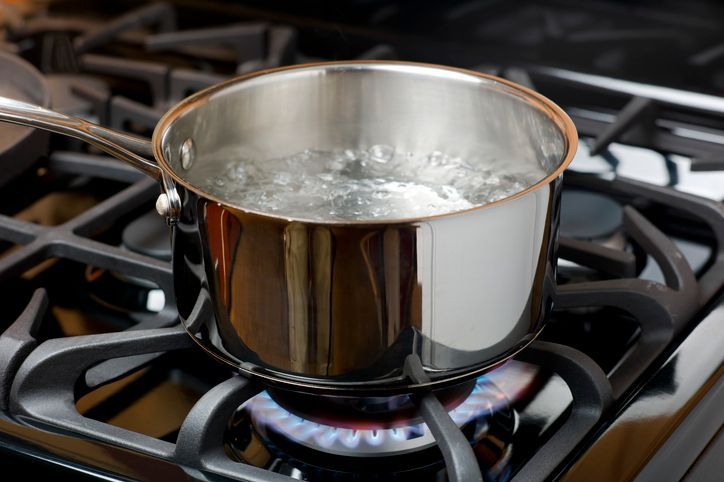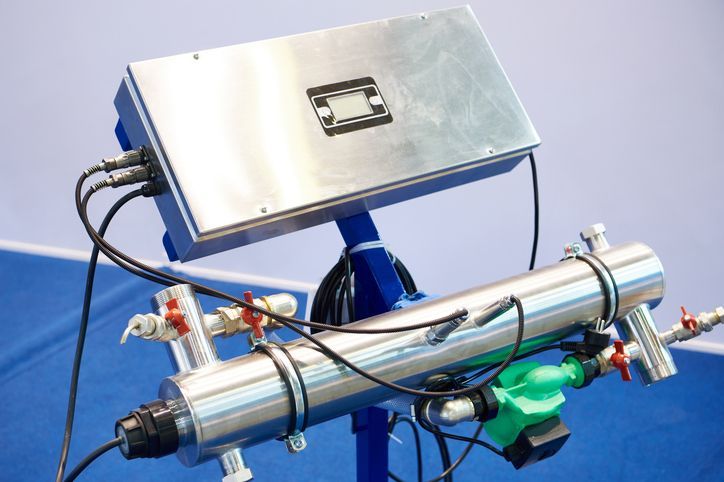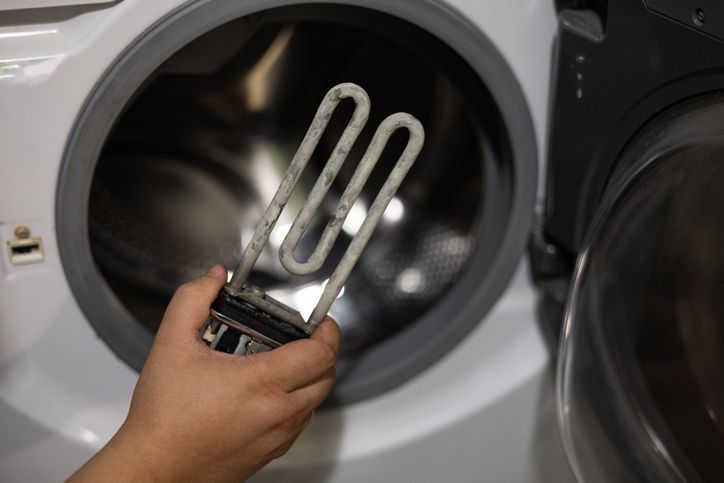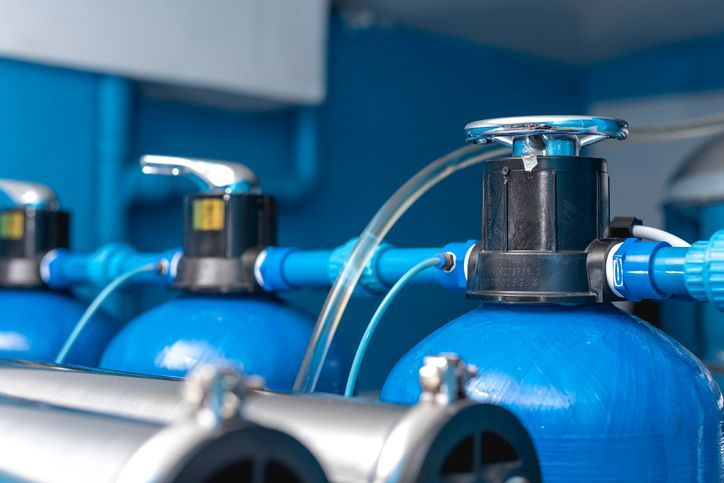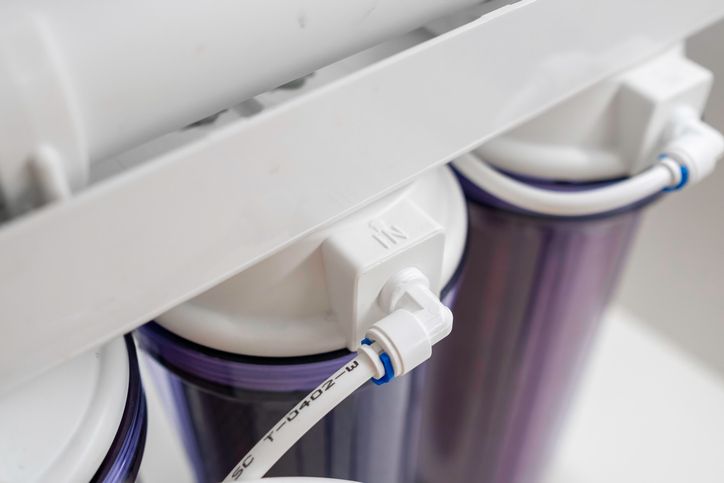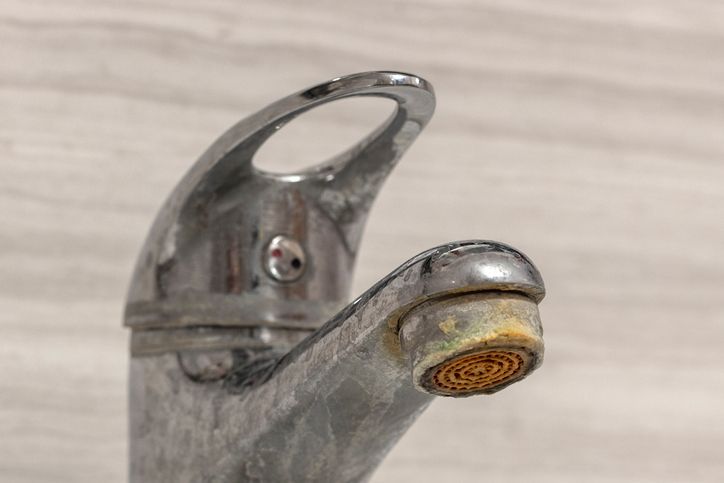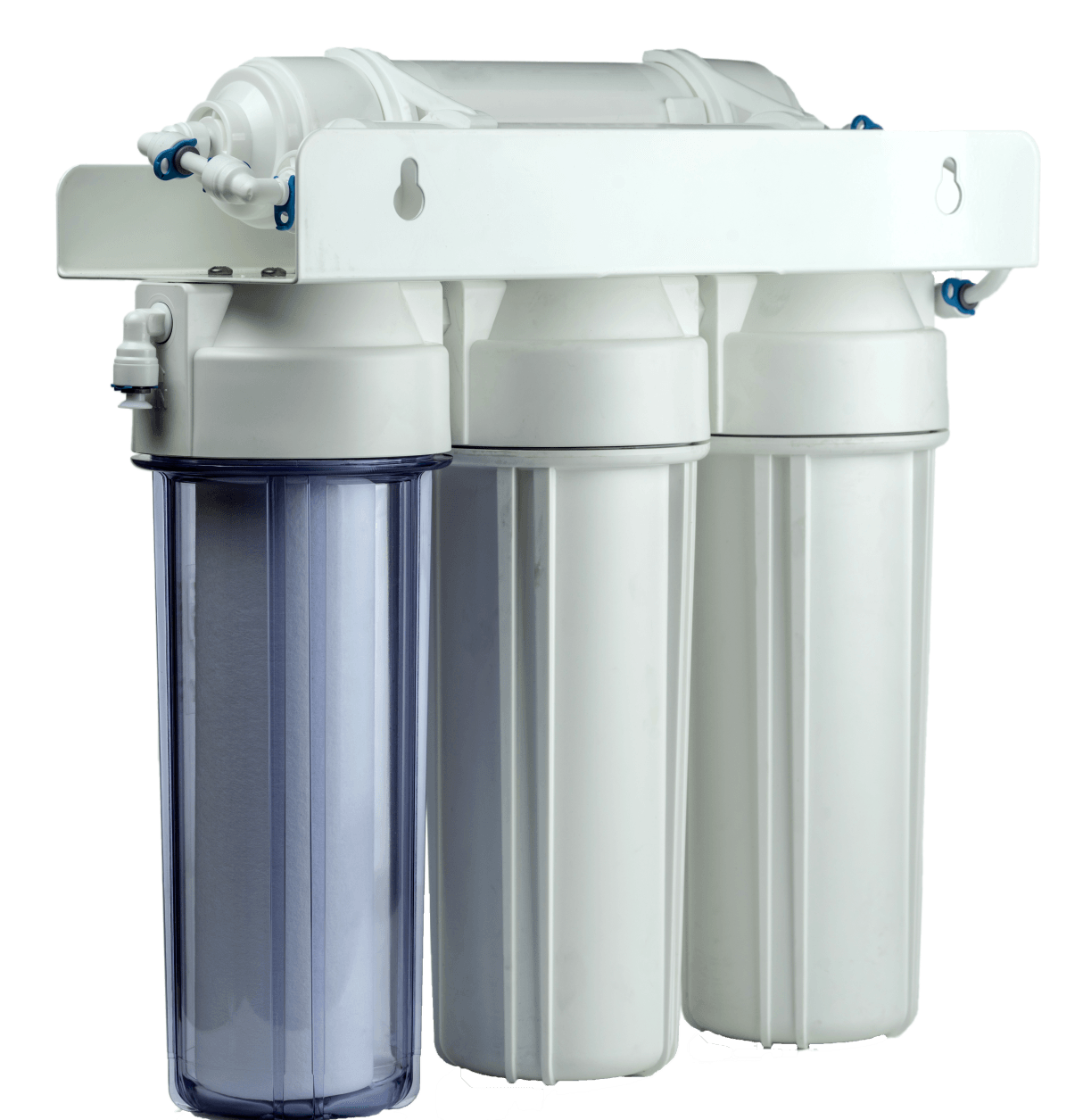How to Filter Well Water for Drinking
Since your municipality does not regulate your private well, the presence of bacteria or other contaminants can go unnoticed. This means the well could be contaminated with coliform bacteria, E Coli, and other dangerous bacteria.
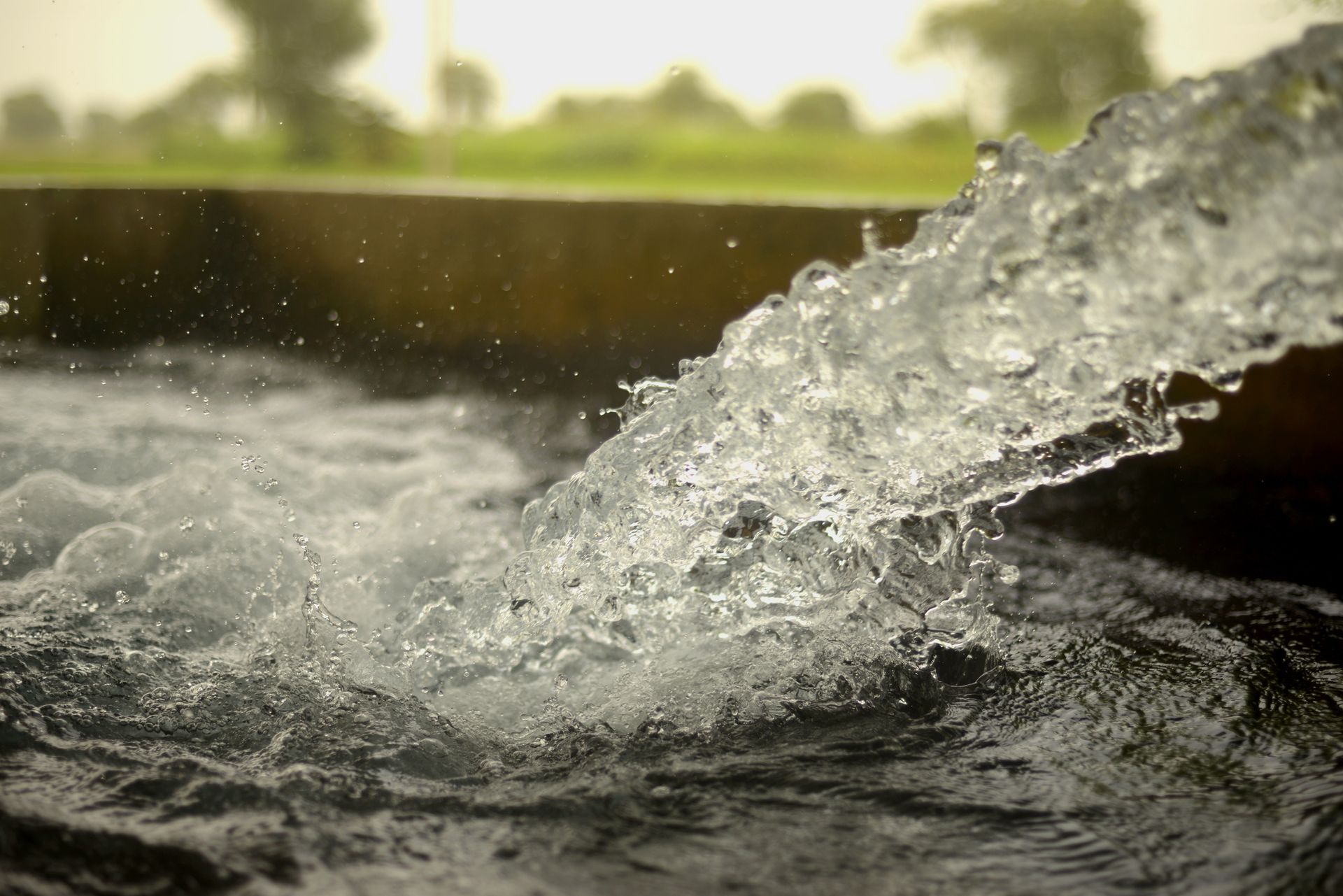
Why is a Water Filter Necessary for Well Water?
These contaminants are not visible to the naked eye and can make your family sick. To keep your well water safe to drink, installing a water filter to remove viruses, parasites, bacteria, and protozoans from your water is crucial. Newborns, children, and the elderly are particularly sensitive to these contaminants, so filtration and regular water testing are critical to their health and safety.
The contaminants in the surface and groundwater can cause chronic health issues. Even if the water looks, smells, and tastes fine, it doesn't mean it is safe to consume. Also, even if your neighbor's water has tested safe, it doesn't mean your well water will.
What Type of Filter is Best for Well Water?
Water filters come in various sizes and types, from large, whole-house systems to small countertop pitchers. Many are designed to purify tap water for drinking but can also be used as a way to filter well water. Here are some tips on how to filter well water for drinking.
The most important step is to have your water tested for contaminants and determine the type of filter needed to ensure safe drinking water. Different types of filters are designed to remove different types of contaminants, so it's important to understand what needs to be filtered out to find the best filter for your well water.
We recommend using a UV light filter to make well water safe to drink. This type of filter is safe, economical, and easy to maintain. With a UV sterilizer, you can remove 99.99% of the bacteria, viruses, and other microbes in your well water. This system will work 24/7 for consistently clean and safe drinking water.
With a UV filter, it is important to check the bulb periodically to ensure it is still working properly. UV light filters can be used to eliminate bacteria and other waterborne pathogens. Still, the bulb must be replaced every 9 to 12 months or whenever there is a noticeable difference in the amount of ultraviolet light emitted.
In addition to a UV filter, you also need to use a sediment filter in front of your UV system to remove the high levels of dissolved solids and organic matter in well water. You can also opt for a UV system that has a prefilter integrated into it. Without a prefilter and a high turbidity level, the UV rays will be blocked by the particles within the water and won't be able to disinfect the water as effectively.
Regular maintenance of your well and water filter system is essential. This includes checking for leaks, ensuring proper connections, and performing any repairs or replacements that may be needed. Following these tips can help ensure that your well water is filtered properly and safe to drink. With the right precautions, you can enjoy clean and healthy drinking water from your own well.
How Often Should My Well Water Be Tested?
Even when using a UV filtration system, you should have your private well tested yearly. This will allow Aqua Solutions to monitor the cleanliness of the water and check for any contaminants or mechanical problems. This testing is typically done in the spring and is done to check for coliform bacteria, E. coli, radon, arsenic, and minerals such as nitrate, manganese, and iron.
UV Filtration Installation Services
To learn more about UV filtration, contact the water treatment experts at Aqua Solutions!
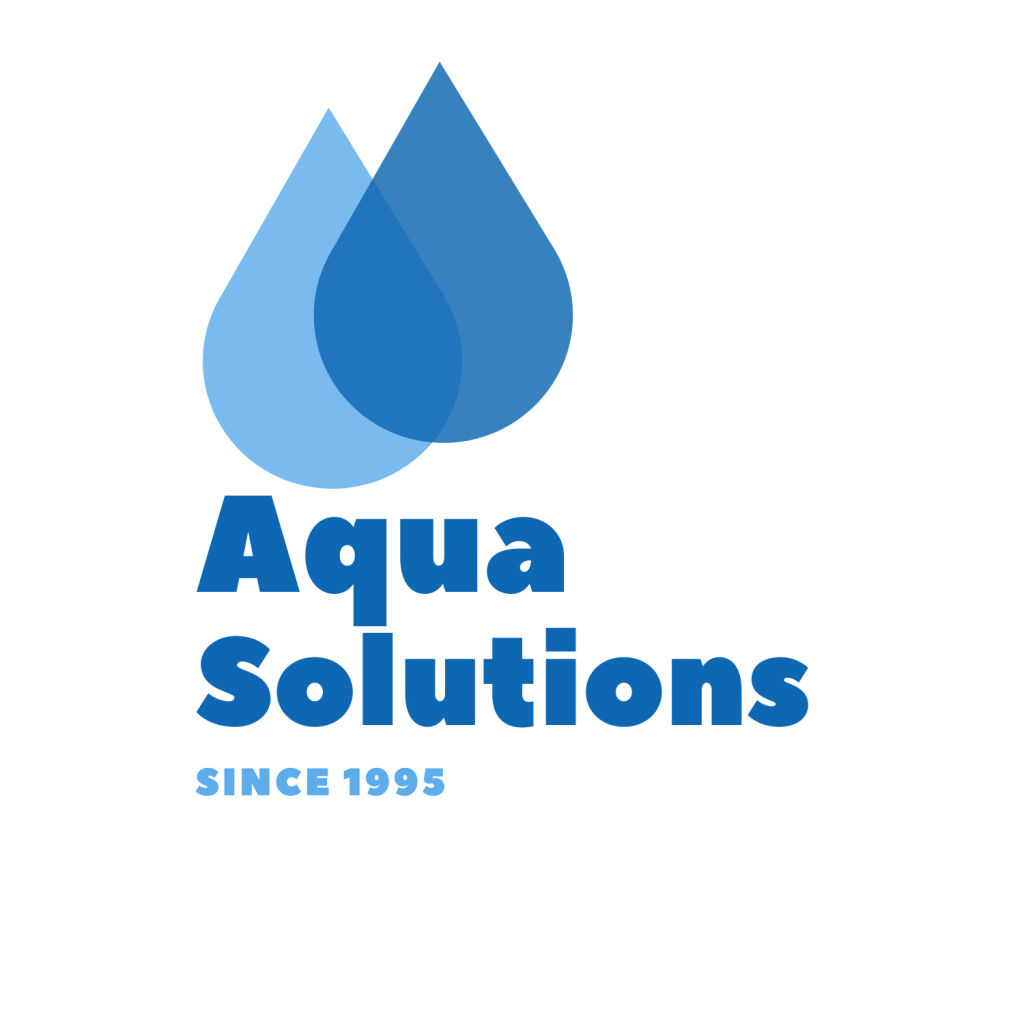
Author:
Gary Monks
Gary Monks has led Aqua Solutions since 1997, earning recognition as a water treatment expert with 25 years of experience. Renowned in Butler, he has won the Best Water Treatment award for three years and actively supports the community, including local sports and radio engagements.
